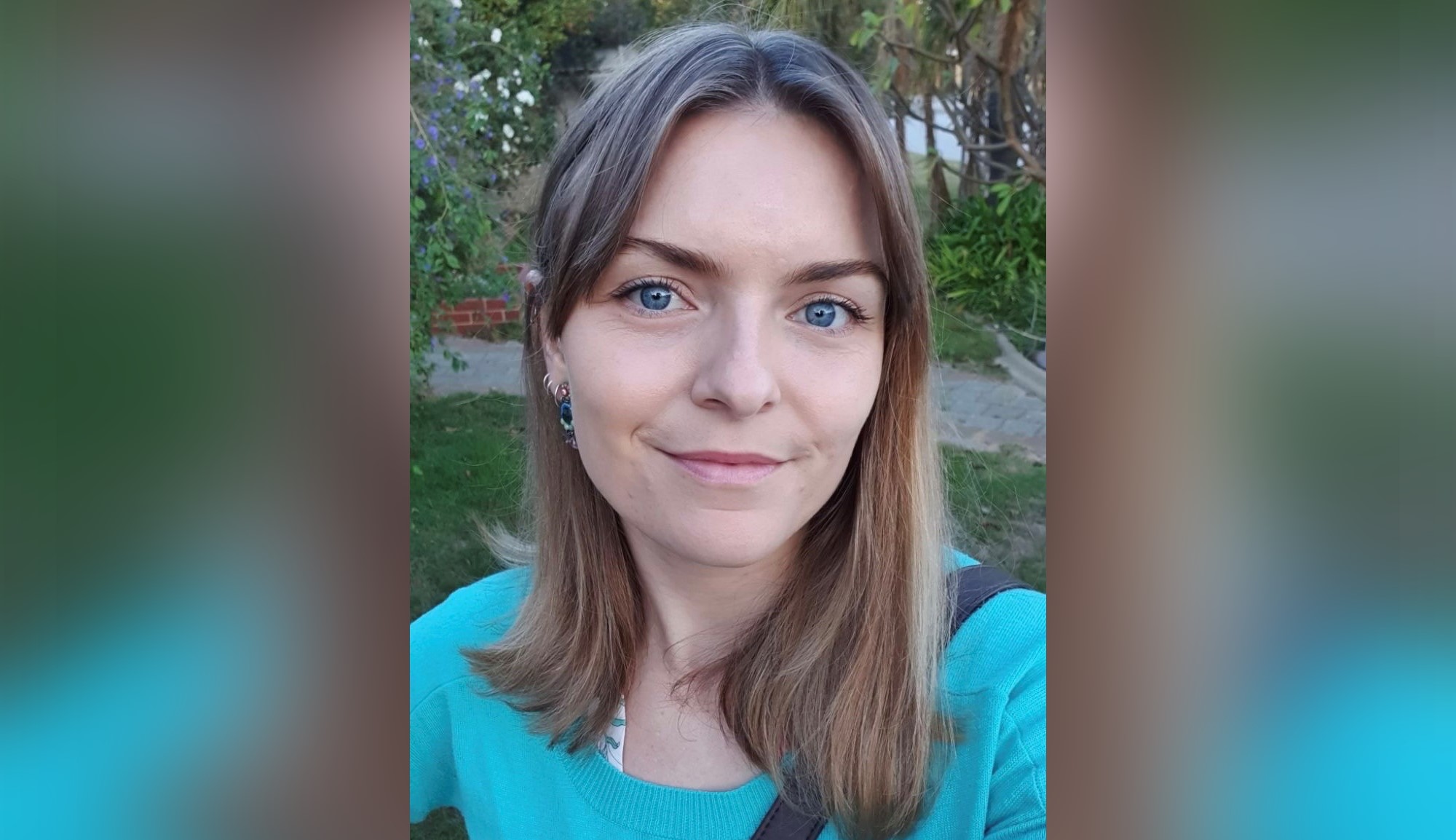A Future Food Systems CRC PhD student based at Perth’s Murdoch University, Emily Davies, is investigating the composition and safety of herbal weight loss supplements.
Davies is working under the guidance of world-leading scientists at Murdoch University’s Australian National Phenome Centre (ANPC) in Perth, Western Australia.
Her doctoral thesis will assess Australian herbal weight loss supplements (WLS) for quality and safety, analysing any potentially harmful ingredients prior to recommending WLS for efficacy studies via human clinical trials.
Under the supervision of Associate Professor Garth Maker (Murdoch University), Dr Samantha Lodge (ANPC/Murdoch University) and Dr Ian Musgrave (University of Adelaide), Davies will first analyse the chemical composition of various Australian WLS samples. She will perform initial toxicological analysis of Australian WLS using in vitro cell viability assays. Davies will further investigate any toxic WLS she finds by conducting metabolomic analysis using 1H-NMR to identify the small molecule metabolites that would reveal intracellular changes in response to these products.
Active compounds found in Australian WLS demonstrated to have toxicity will subsequently be investigated using in vitro assays and 1H-NMR to assess their safety. Biochemical changes induced by these compounds will be compared to those found in response to the WLS to determine which ingredients are most likely to cause harm to consumers.
The results will show which herbal ingredients could potentially cause harm, and via which mechanisms they may do so.
Davies will wrap up her PhD thesis by identifying which of the herbal supplements tested are safe to recommend for clinical trials, and which ingredients need to be included with caution.
“There are several things that I enjoy about my project, but the main one is the opportunity to use new techniques, such as nuclear magnetic resonance spectroscopy, to determine the biochemical effects that herbal supplements have on human cells,” Davies says.
On a broader level, Davies is contributing to cutting-edge science with real-world impact – and potentially helping out thousands of health-conscious consumers. And the CRC is pleased to support her in this endeavour.
Stay tuned for news of Emily Davies’ findings as her studies continue.
Lead image: Emily Davies, PhD student. Credit: Image courtesy of Mac Kohlmeier.


